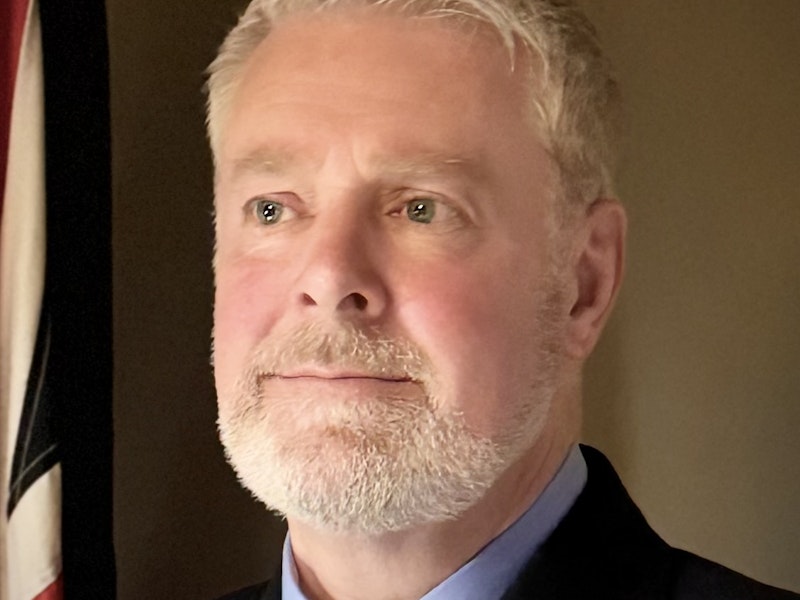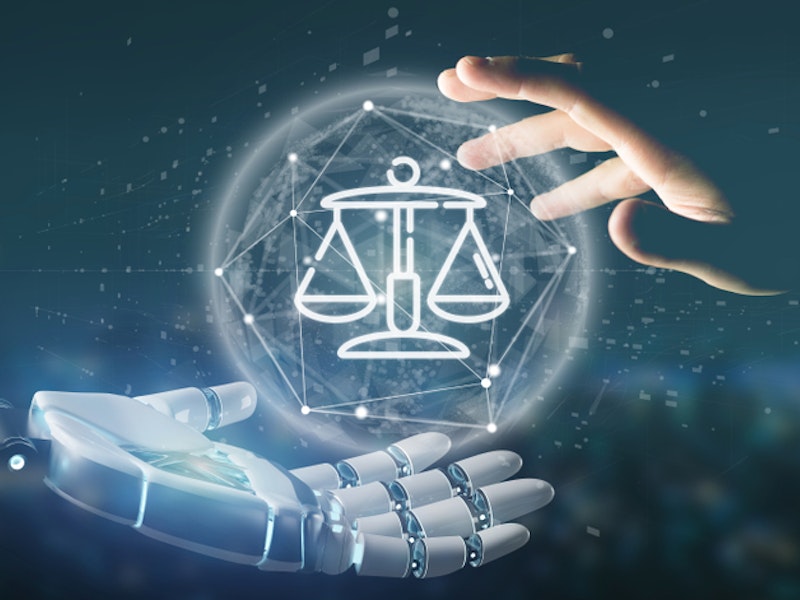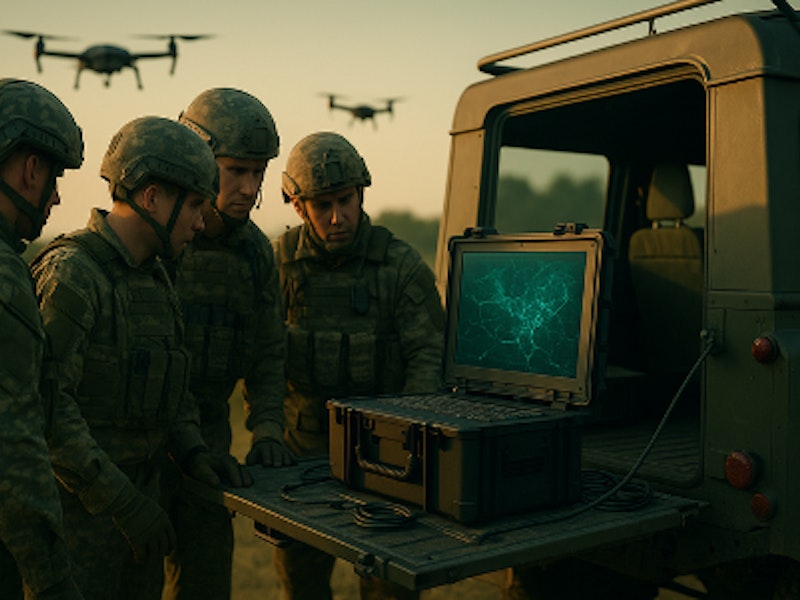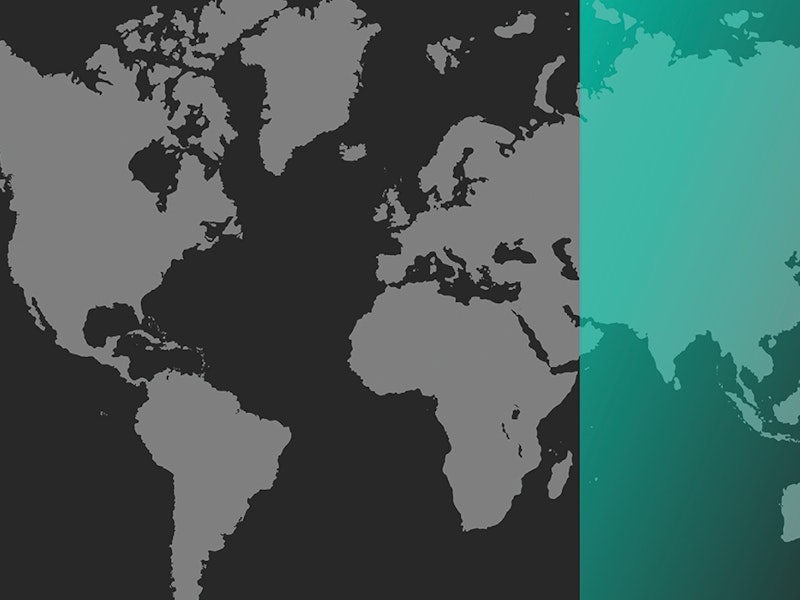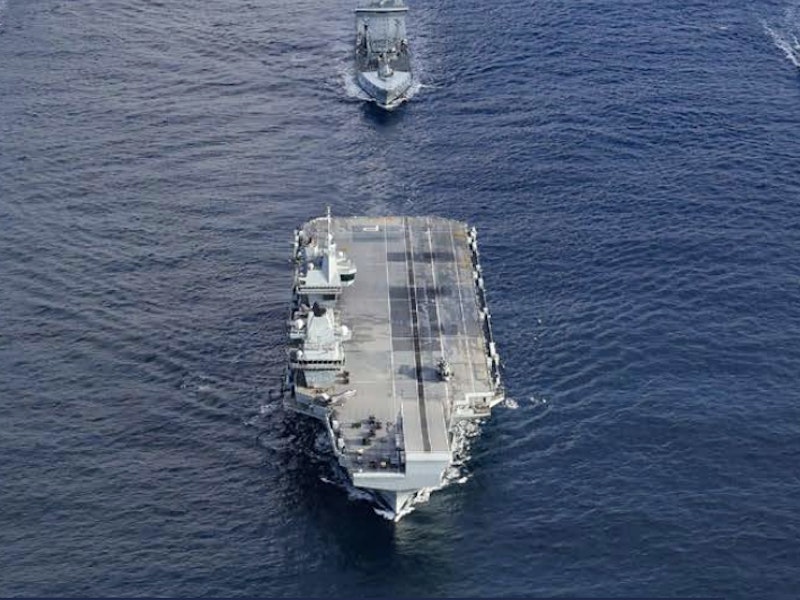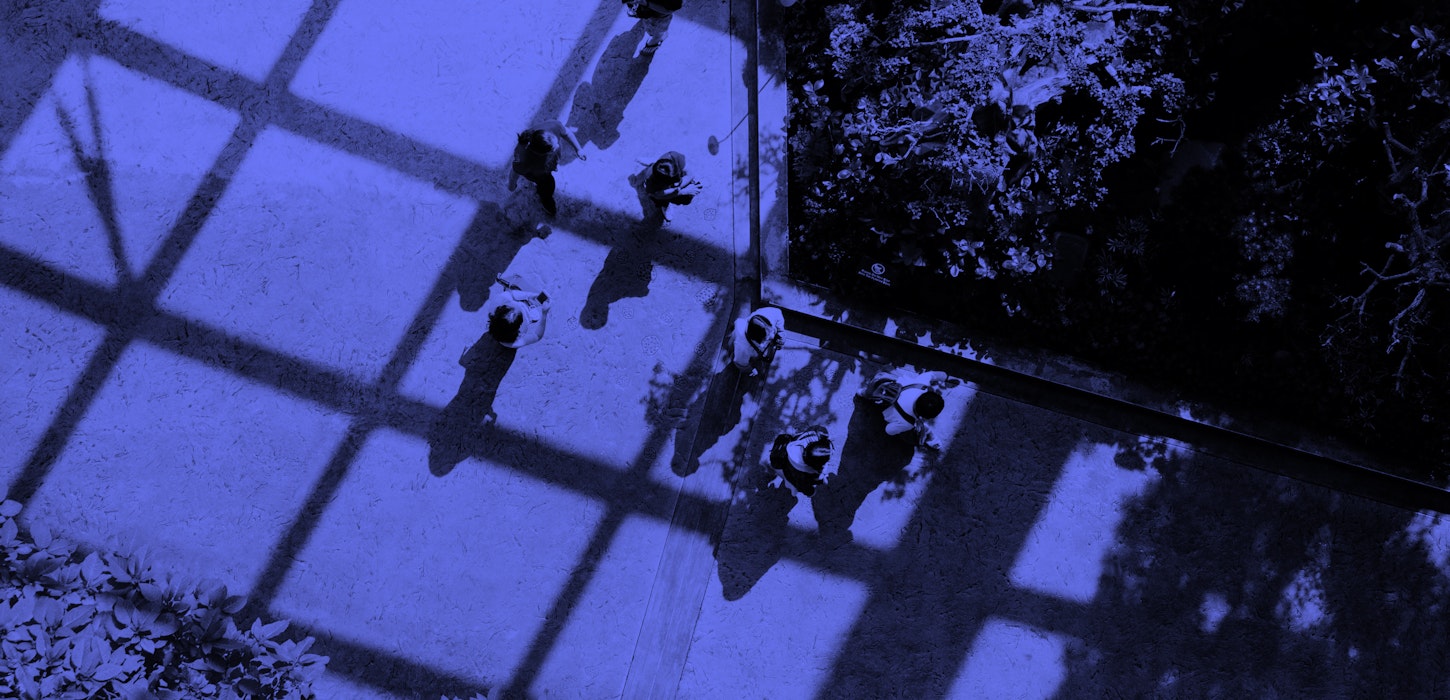
Air Marshal Sir Chris Harper KBE on Adarga and Data
Sir Chris Harper, Chair of the Adarga Advisory Group, explains the vital nature of Adarga's work in the context of a changing world.
The world is drowning in data: organisations are swamped with such an overwhelming volume of information that they increasingly find it impossible to use it effectively. Even though a smart combination of artificial intelligence and machine learning could vastly improve the efficiency, effectiveness and value of data analysis, we still rely too much on pure human intuition and resourcefulness to approach this virtually impossible task. There simply must be a better way, without taking the human out of the loop.
Almost everyone’s attention is currently focussed on the COVID-19 pandemic. This, to me, has brought into sharp focus some of the data handling and management challenges that existed long before this virus came along. We have all seen how siloed, disconnected and disparate data from around the world – and even within our own country – has resulted in confusion and, in some cases, sub-optimal decisions. Artificial intelligence could help us filter, sort, categorize and then analyse these tremendous quantities of vitally important COVID-related data and better inform our consequence mapping and decision making. While it cannot be proven, it must be possible that there are critical data that are being missed, but which could offer us a faster way out of the current dilemma. Just today, for example, I read an article in The Economist which claims that, in the last three months, there have been over 7,000 research papers written on the pandemic – covering everything from virology and epidemiology to vaccinology. A fifth of these were published in the last week: I cannot help but wonder whether all the linkages and common threads in these documents have been properly identified and exploited?
In the defence and security world, artificial intelligence is already playing an important part in smartly collating data from innumerable diverse sources. Of course, there remain significant barriers to our being able to exploit this capability fully. Not least in dealing with the challenge of sensitively amalgamating information from open sources with classified intelligence. But Adarga, as a UK-based organisation with a unique focus on security and defence, is in a powerful position to help. We have a proven ability to rapidly sift and fuse internal and external data from myriad sources, with a mixture of classifications, and then compile the results into readily understood information presented in plain language. It has arguably never been more important that we adopt such technology without delay.
Just because we are pre-occupied by a global pandemic does not mean that pre-existent threats and security risks have evaporated. It would be naïve to think they had. Indeed, there is evidence that malign activity in the sub-threshold ‘grey zone’ has increased over recent weeks. The NATO Secretary General was clear in his message to the virtual gathering of foreign ministers recently that our potential adversaries – be they state or non-state actors - may even have been emboldened by the COVID-19 crisis.
So Adarga’s time is now. The United Kingdom and allies need the full power of AI technology. Our future resilience will rely on having a strong digital backbone and Adarga can offer critical components of that capability. But before we do, one of the main barriers to overcome will be that of comprehension. Artificial intelligence and machine learning still creates a feeling of worry and trepidation in many quarters – including amongst senior decision makers. Will we be handing over the decision-making reins to computers? Will humans be taken ‘out of the loop’? How can we make AI accountable? Can we genuinely exploit AI and ML without inadvertently handing the keys to our sovereignty and our critical national capabilities to malign actors or powers?
Providing assurance that such concerns can be adequately alleviated will be one of the key roles of Adarga’s recently-formed Advisory Group – the AAG. Having chaired our inaugural gathering online on 6 May, I know that the distinguished colleagues who have joined me on the group will have much to offer in this regard. Working with Rob Bassett Cross and his senior leadership team, I am absolutely convinced that the AAG will be able to reinforce our ambition to ‘Enhance Human Ingenuity’ and make the world a safer place by enriching and better informing some of the most crucial decisions that will ever need to be made.
I am certainly looking forward to working with everyone in Adarga to ensure that the game-changing opportunities on offer in these extraordinary times are not only understood but also properly tackled.

